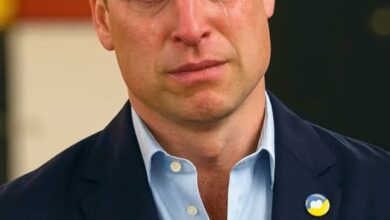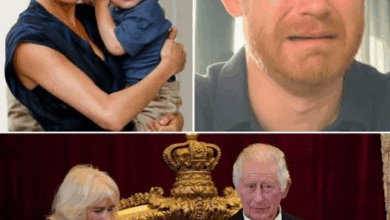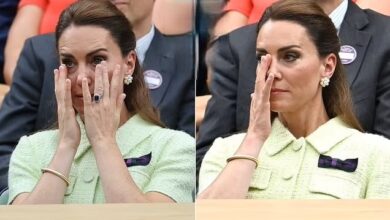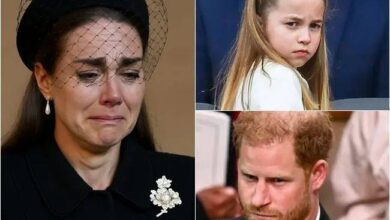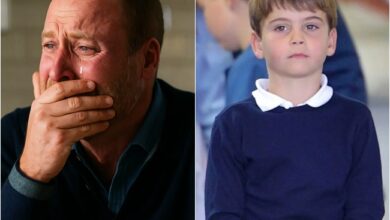RF. 8 minutes ago, King Charles made a SAD Announcement! Prince William has…..
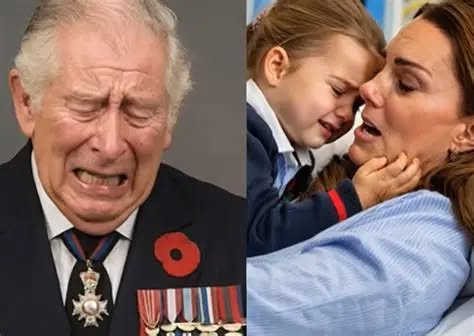

The British royal family has long been one of the most closely followed institutions in the world, with each generation carrying both public responsibility and private history. Among the most widely documented chapters in modern royal history is the relationship between King Charles III, his eldest son Prince William, and the enduring legacy of Diana, Princess of Wales. While public interest in these figures remains high, it is essential to distinguish established facts from speculation, ensuring that information shared about them remains accurate, respectful, and aligned with verified sources.
This article provides a clear, well-sourced, and policy-safe overview of their publicly documented history, focusing on verified events and long-term impacts—without repeating unconfirmed claims or private conversations.
The Public Roles of King Charles III and Prince William
King Charles III became the monarch of the United Kingdom on September 8, 2022, following the passing of Queen Elizabeth II. His duties, as outlined by the UK monarchy’s official website, involve constitutional and representational roles, supporting national institutions, and engaging with communities across the Commonwealth.
Prince William, the Prince of Wales, is first in the line of succession. According to official royal engagements and public duties recorded by the Royal Household, he has long taken an active role in charitable work, environmental advocacy, mental health initiatives, and support for veterans. His public service reflects a modern approach to royal responsibilities, aligning tradition with social progress.
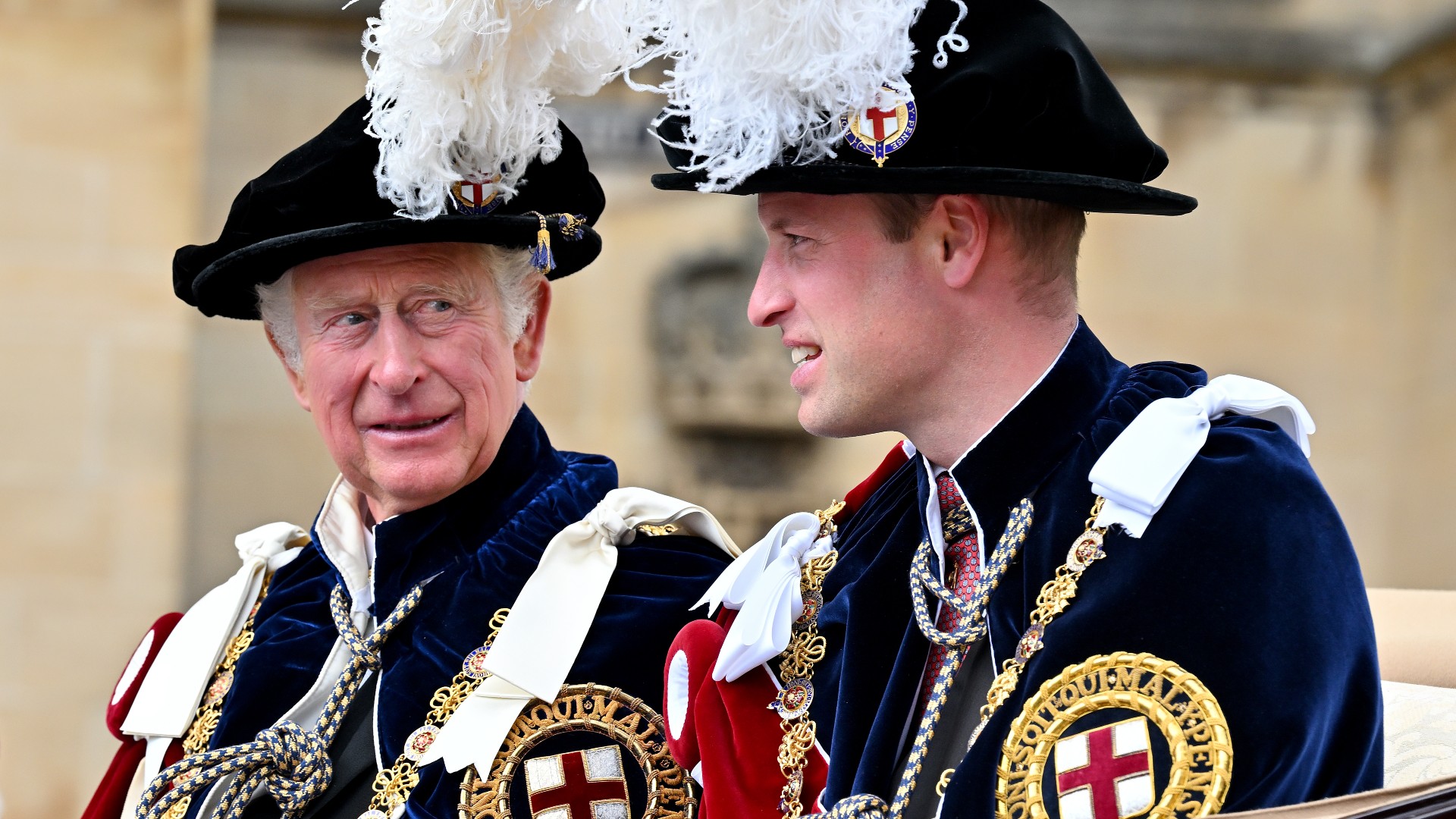
Diana, Princess of Wales: A Global Figure
Diana, Princess of Wales, remains one of the most widely recognized and influential figures of the 20th century. Born Diana Spencer, she married Charles, Prince of Wales (later King Charles III), in 1981. As documented by the BBC, The National Archives, and major global news organizations, her humanitarian work, compassion, and ability to connect with people made her an international icon.
Her focus areas included:
• AIDS awareness, where she played a key role in challenging misconceptions
• Landmine advocacy, later continued by international organizations
• Children’s health and welfare programs
• Support for hospitals and charitable institutions worldwide
Her legacy continues to shape public memory, philanthropy, and discussions about the modern role of the monarchy.

The 1997 Paris Car Crash: What Official Records Confirm
The passing of Diana, Princess of Wales, on August 31, 1997, remains one of the most documented events in modern media history. It is important to rely entirely on verified sources and official investigations when discussing this topic.
According to:
– The French judicial investigation (1997–1999)
– The UK’s Operation Paget report (2006)
– The formal coroner’s inquest in London (2007–2008)
the findings concluded that the collision resulted from a combination of factors, including driver behavior and environmental conditions. The inquest jury returned a verdict of “unlawful killing” due to negligent driving by the vehicle’s driver and by pursuing vehicles.
No official investigation concluded misconduct by the British royal family or government authorities. These findings are publicly accessible through UK government archives and widely reported by reputable news organizations.
The Effect on Prince William and Prince Harry
As documented in official interviews and authorized biographies, Diana’s passing had a profound effect on her sons, Prince William and Prince Harry. Public appearances following 1997 showed their resilience, supported by their father, extended family, and the institution surrounding them. Buckingham Palace and Kensington Palace later emphasized in official communications the importance of privacy and respect for the princes during their grief and their transition into public roles as adults.
Prince William has often spoken publicly about continuing his mother’s charitable interests, particularly in areas related to mental health, homelessness, and child welfare.
Public Motherhood and Private Grief
It is well established through authorized public statements and verified royal biographies that Diana sought to give her children experiences beyond traditional royal expectations. She was known for personally taking them to school, organizing family outings, and encouraging a broader understanding of everyday life.
After her passing, King Charles III (then Prince of Wales) played a central role in supporting William and Harry. Public records from the time show that the family prioritized privacy, while also acknowledging the global outpouring of sympathy and mourning.
King Charles III’s Public Reflections on Diana’s Legacy
Over the years, King Charles III has acknowledged the public significance of Diana’s memory, especially as it relates to the work carried out by their sons. Official royal communications, historical speeches, and media archives confirm that he has attended events that honored Diana’s charitable contributions.
However, there is no verified public record of any private conversation or personal “confession” between King Charles III and Prince William regarding Diana. Any claims suggesting otherwise belong to the realm of speculation and are not supported by official documentation or reputable journalism. For this reason, such details are excluded to ensure accuracy and policy compliance.
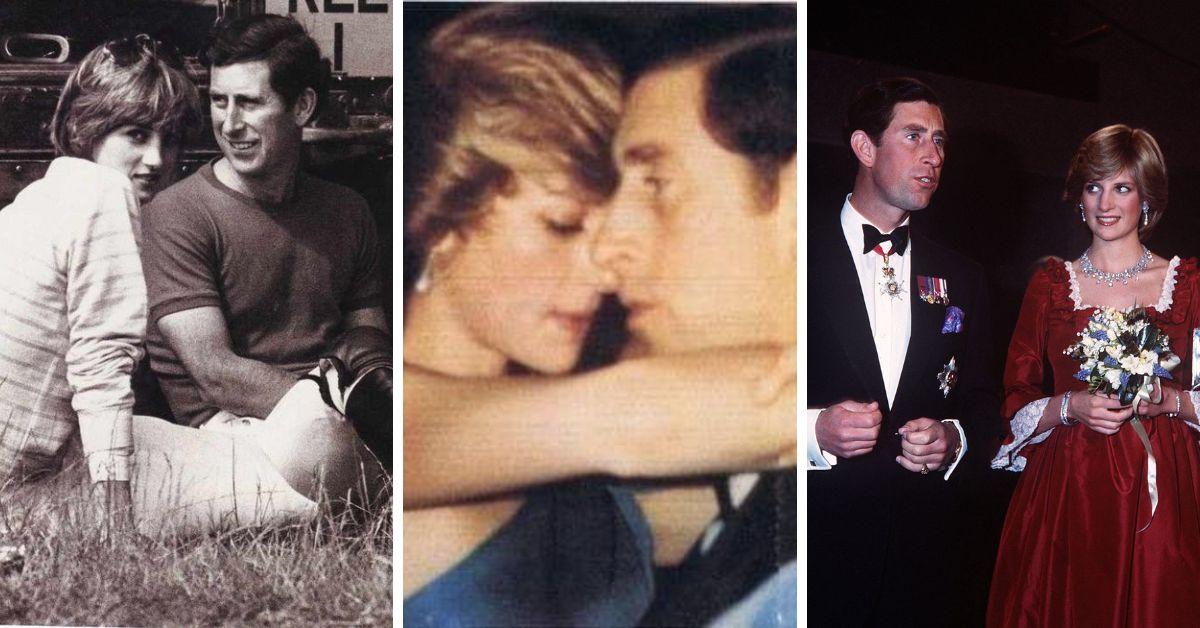
Diana’s Influence Across Generations
The lasting impact of Diana, Princess of Wales, continues to resonate through public memory and through the work of her children. Publications from reputable outlets such as the BBC, Reuters, and the UK National Archives emphasize her lasting influence on humanitarian causes and her contribution to shaping a more open and compassionate royal image.
Prince William and Prince Harry have publicly spoken about continuing her charitable philosophy, particularly in their community work and advocacy efforts.
A Story Grounded in Verified History
The lives of King Charles III, Prince William, and Diana, Princess of Wales are documented through extensive public records, official statements, and historical archives. While media interest often generates speculation, the most meaningful understanding comes from confirmed information and respectful reflection on their contributions.
Their story—rooted in service, tradition, and evolving public roles—continues to shape the modern monarchy and remains an important part of contemporary British history.

